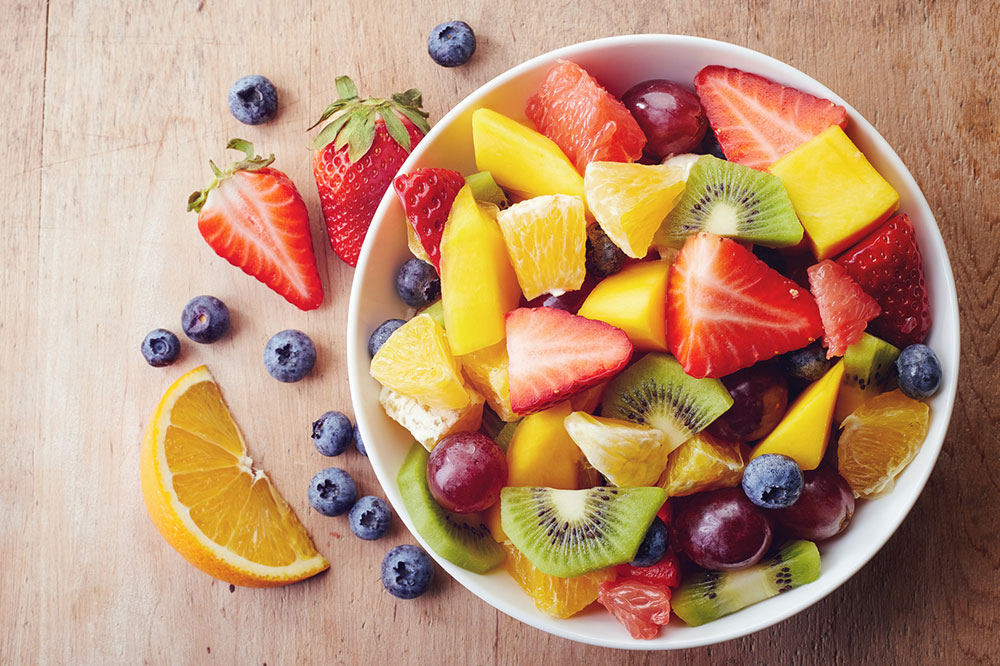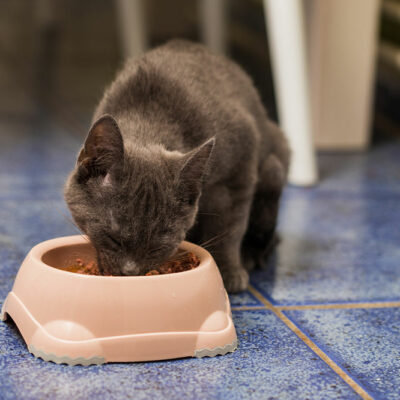
5 Healthy Dietary Tips for COPD
Most people who are diagnosed with chronic obstructive pulmonary disease (COPD) have been told to improve or change their diet. Although your eating habits might cure you of the condition, there are chances that it might help you manage your symptoms better. Visit a registered dietitian for a personalized diet plan after consulting your doctor. Or you can simply make a note of the following foods to eat for COPD.
Consider eating foods with healthy carbs
Eating too many carbohydrates in a day can put some serious stress on your respiratory system. But some amount is necessary for your body. Hence eat them in moderation and switch to whole-grain foods that have quinoa, teff, millet, black rice, oats, buckwheat, or barley. These are fibrous, contain more protein, and have a lower calorie count than modern grains. They also improve digestion, lower the risk of cardiovascular disease, and have anti-inflammatory properties.
Consume foods rich in healthy fats
Eating the right kind of fats is super important for COPD patients. So switch from cooking your food in butter or lard to plant-based fats like olive oil, peanut oil, canola oil, or soybean oil. Other healthy foods to eat for COPD are cold-water fish like salmon, tuna trout, cod, or anchovies, and nuts, including almonds, walnuts, cashews, pecans, to name a few. Fish are an excellent source of omega-3 fatty acids, and nuts are rich in protein.
Indulge in protein-rich foods
Doctors recommend lean sources of foods to eat for COPD patients. Indulge in eggs and dairy instead of red meat like bacon or ground beef. Bean, legumes, and lentils like chickpeas, soybeans, edamame, and kidney beans are a power-packed source of protein, essential zinc content, and important antioxidants. Chicken and other lean meat like turkey, pork tenderloin, or lamb meat are other sources of protein-rich foods. Vegetarians or vegans should consider putting tofu in their diet.
Eat more vegetables
Dark green and leafy vegetables contain antioxidants, carotenoids, magnesium, and essential nutrients, which are great for the lungs and overall health. Include cabbage, kale, spinach, collard greens, leaf lettuce, broccoli, or swiss chard in your daily lunch or dinner plate. Other vegetables like asparagus, potatoes, watercress, carrots, tomatoes, onions, and Brussel sprouts contain a variety of vitamins and nutrients which are important for improving lung health.
Pack in plenty of fruits
Lemons, limes, and oranges are packed with vitamin B6 and C, making it a vital food to eat for COPD. Vitamin C helps in lowering respiratory symptoms like wheezing and breathlessness as it has antioxidant properties. Potassium-rich fruits like avocados and bananas also improve lung conditions. Another vital fruit is apple. They are extremely rich in flavonoids and vitamin K, which enables your body to fight infections. Most of the nutrients are in the apple’s peel, so make sure to consume it with its skin.


